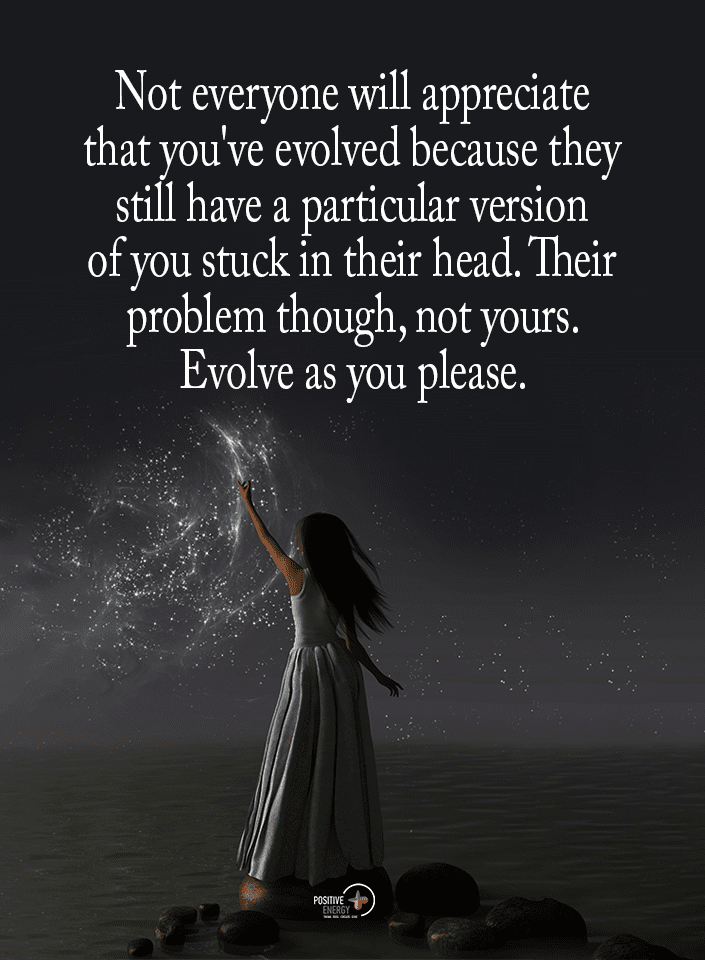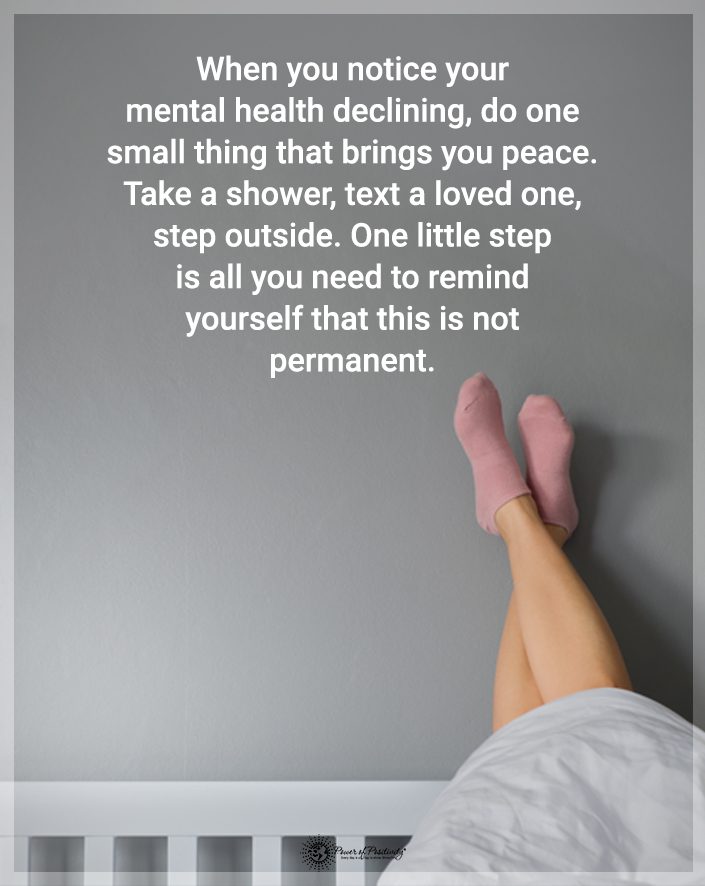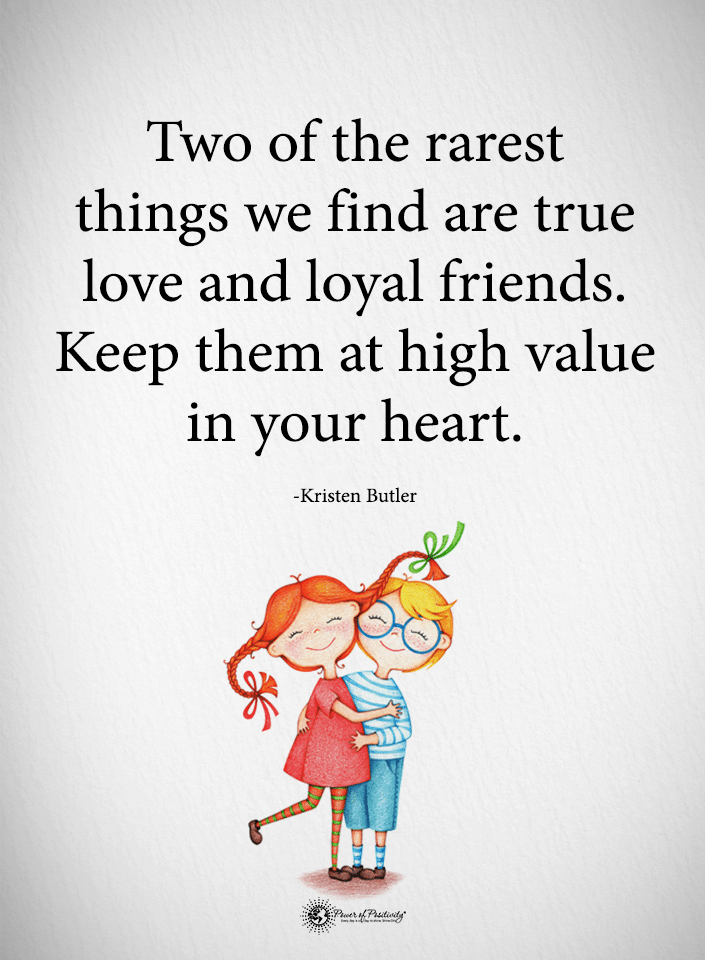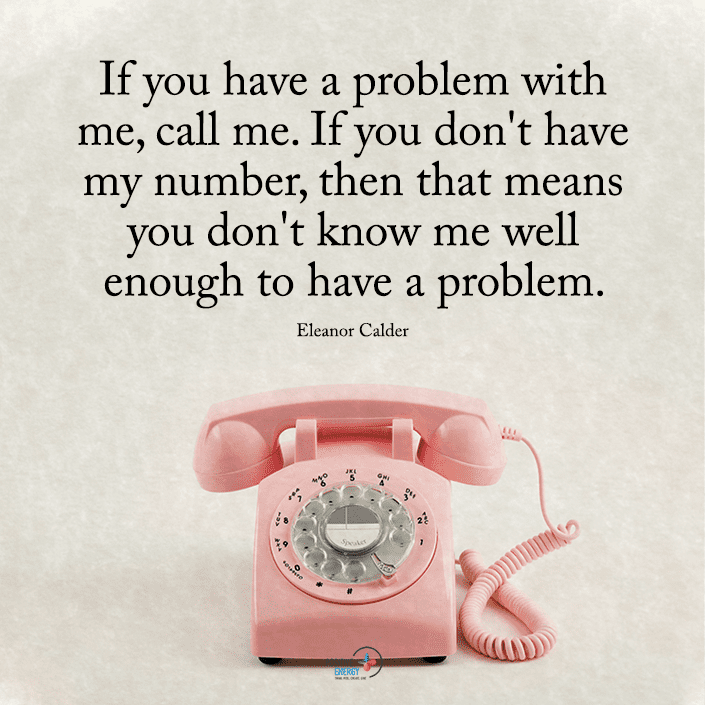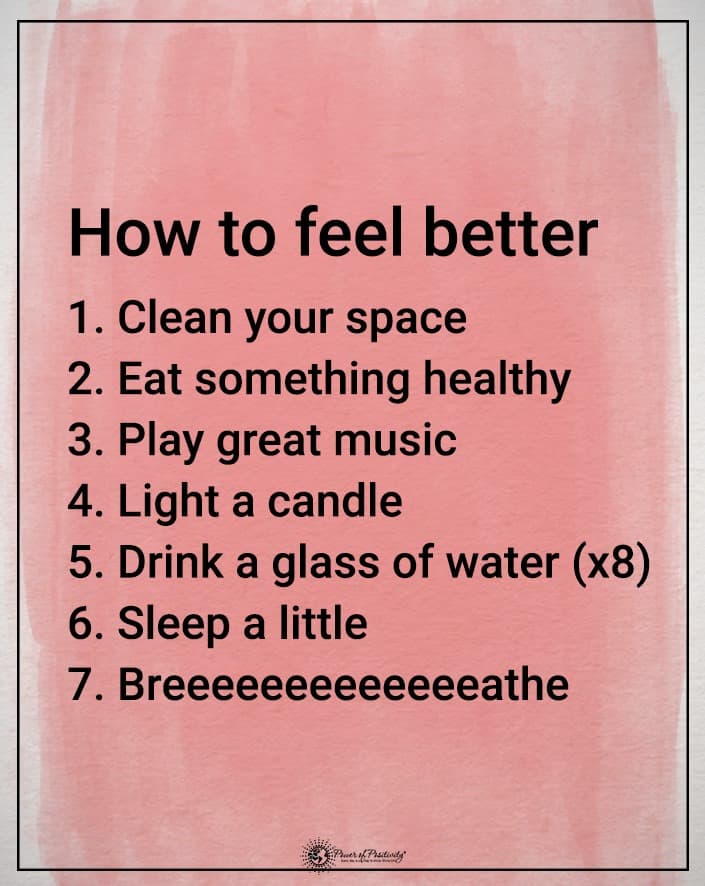Many people wish to become more assertive but don’t know where to start. Assertiveness involves stating your feelings and needs in a kind yet firm manner. It also means standing up for yourself and not tolerating disrespect.
Assertive people manage to find the right balance between timidity and aggressiveness. Self-assured people don’t shout or bark orders, but they don’t sit quietly while others take advantage.
Many people struggle with assertiveness due to upbringing, childhood trauma, or personality. For example, if you grew up in an invalidating environment, you probably thought that your feelings didn’t matter.
Adverse childhood experiences may have caused you to bottle up your emotions to please your parents. Since they neglected your feelings, you likely never learned how to assert yourself. Everyone deserves to have their voice heard, but this becomes a foreign concept for people with childhood trauma.
Even if you didn’t experience childhood emotional neglect, you might have a shy personality. Perhaps you prefer to blend into the background and not ruffle any feathers. Doing so may feel safer, but it doesn’t allow you to grow and learn self-confidence.
However, practicing a few essential skills can teach one to become more assertive.
Psychologist Reveals 5 Ways to Become More Assertive
Below, we’ll review these skills to help you become more confident and outspoken.

1. Be Mindful of Your Feelings to Increase Assertiveness.
You must learn how to accept your emotions first to become more assertive. If you don’t allow yourself to feel, you can never set clear boundaries with others. Healthy relationships begin with you, so become your own best friend by practicing self-compassion. The first step to healing involves finding the courage to look deep within yourself.
Become aware of your emotions, and watch them as they pass through your consciousness. If you can learn to identify emotions without becoming overwhelmed by them, it makes it easier to communicate with others.
Being able to express yourself confidently makes you more approachable and creates harmonious relationships. Since mindfulness helps with emotional regulation, it promotes a deeper connection with ourselves and others.
2. Believe That Your Thoughts Are Valid.
Being mindful of your feelings will teach you to express yourself clearly, and assertively. But first, you must believe that you deserve to have your emotions heard. Even if you feel comfortable with your inner self, you may still struggle with self-worth.
Outdated beliefs from your childhood may keep you from communicating with others effectively. If you harbor doubts about the validity of your feelings, you may decide to keep them to yourself.
So, the next step to becoming more assertive involves believing in yourself. Practice self-love and remember that you deserve to express your thoughts like anyone else. It doesn’t mean you have to shout over people or act defensively. It just means knowing your voice matters and permitting yourself to speak up.
3. To Be More Assertive, Respond Instead of React.
You might think reacting before anyone else can get the upper hand shows assertiveness. However, responding emotionally only causes the other person to become defensive, creating a vicious cycle.
Having emotional intelligence means taking time to process the situation before reacting. Sifting through your emotions first allows you to cool down and avoid saying anything you don’t mean.
If you react out of fear or anger, the situation will likely spiral into chaos. Becoming assertive involves learning to control your emotions so they don’t get the best of you. By mastering your feelings, you can approach situations with a clearer mind.
Think of this step as “zooming out” on your emotions to get a better vantage point. Taking time to reflect helps you see the bigger picture instead of blowing things out of proportion.

4. Try to Put Yourself in the Other Person’s Shoes.
Most people think being assertive only involves themselves, so they don’t consider anyone else. But, an essential step in becoming more emphatic is listening to others. If you acknowledge their feelings and show empathy, they’re more likely to lower their defenses.
Everyone wants to feel heard and respected, starting with the person in the mirror. If you can see the situation through someone else’s eyes, you will understand their motivations and reactions. It makes them more willing to listen to your perspective and find common ground.
5. Consider How You Want to Deliver an Assertive (but not Aggressive) Message.
The final skill to becoming more assertive involves putting everything together that you’ve learned so far. It’s time to test your new skills and knowledge so that assertiveness becomes second nature. When communicating with others, you must consider the setting, situation, and message you want to deliver.
For instance, imagine that your neighbors constantly blast loud music when you’re trying to sleep. If you don’t talk to them often, you probably wouldn’t yell over the fence asking them to turn it down. Instead, you might look up their phone number and give them a call. Or, perhaps you’d knock on their door and politely but firmly ask that they keep it down.
Licensed psychologist Jonice Webb, Ph.D., discussed this scenario. She recommended saying something like this to your neighbors:
“It sounds like you are having a lot of fun over there, but I’m having trouble falling asleep with the loud music. Would you be able to turn the music down around midnight from now on? I’d really appreciate it since I have work in the morning.”
In this situation, the person clearly stated their needs while respecting the neighbor. So, being assertive doesn’t necessitate rudeness – it simply means expressing yourself without feeling guilty about your emotions.
Final Thoughts on Skills to Become More Assertive
Some people struggle with low self-esteem and feel shameful about stating their needs. Childhood trauma and neglect may cause someone to become passive out of fear of rejection. However, anyone can learn how to become assertive with the tips above. Above all else, learning to become your best friend and showing self-compassion will foster confidence. If you can mend your relationship with yourself, it will also reflect in your other connections.

